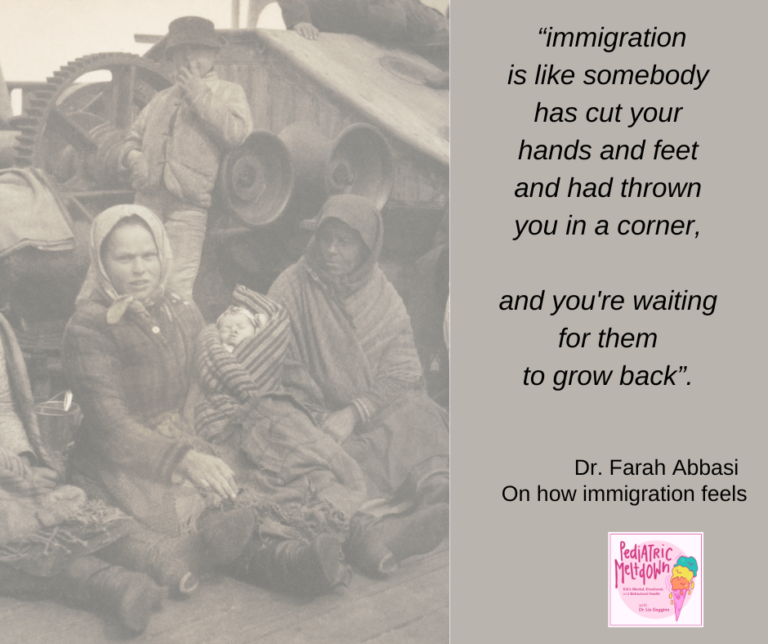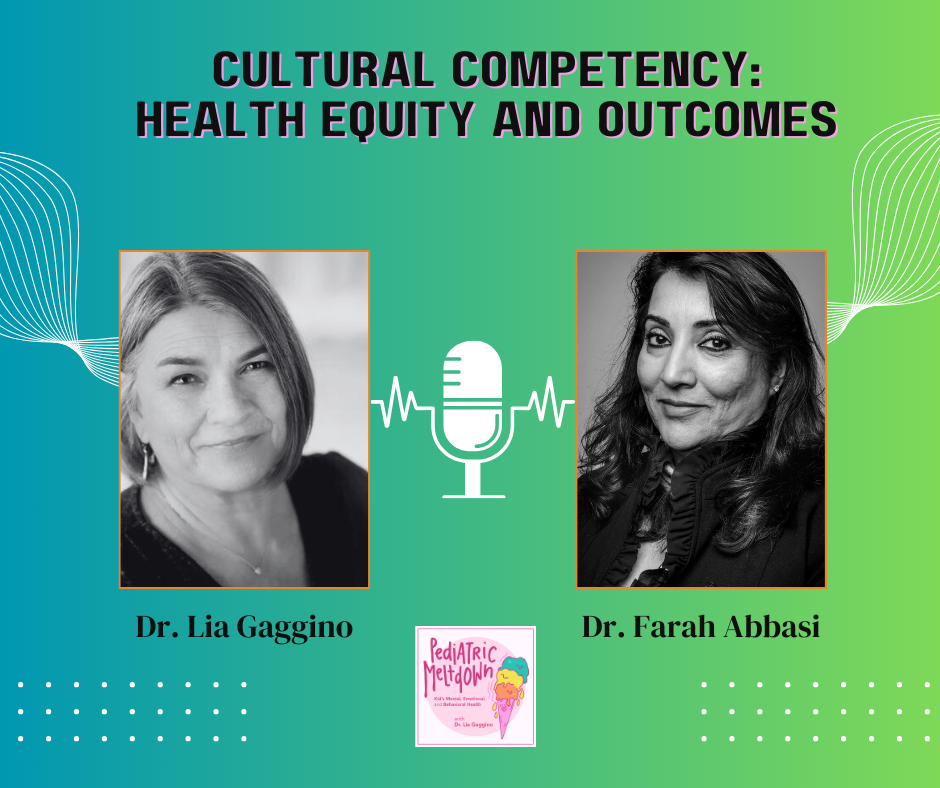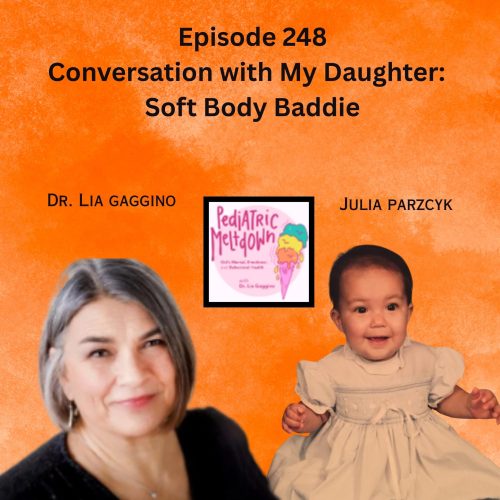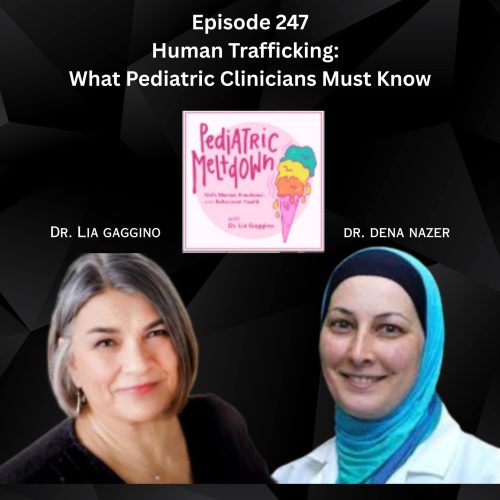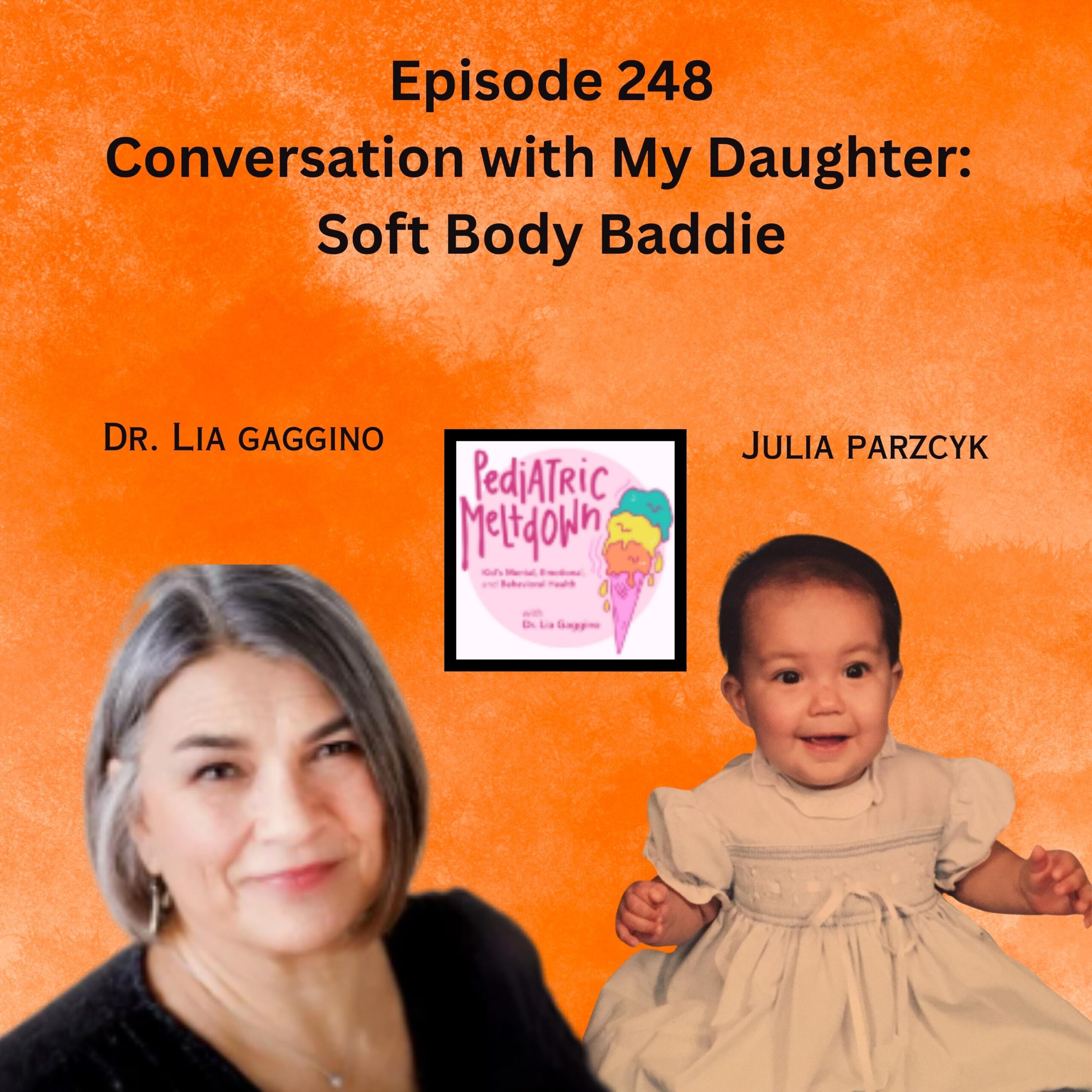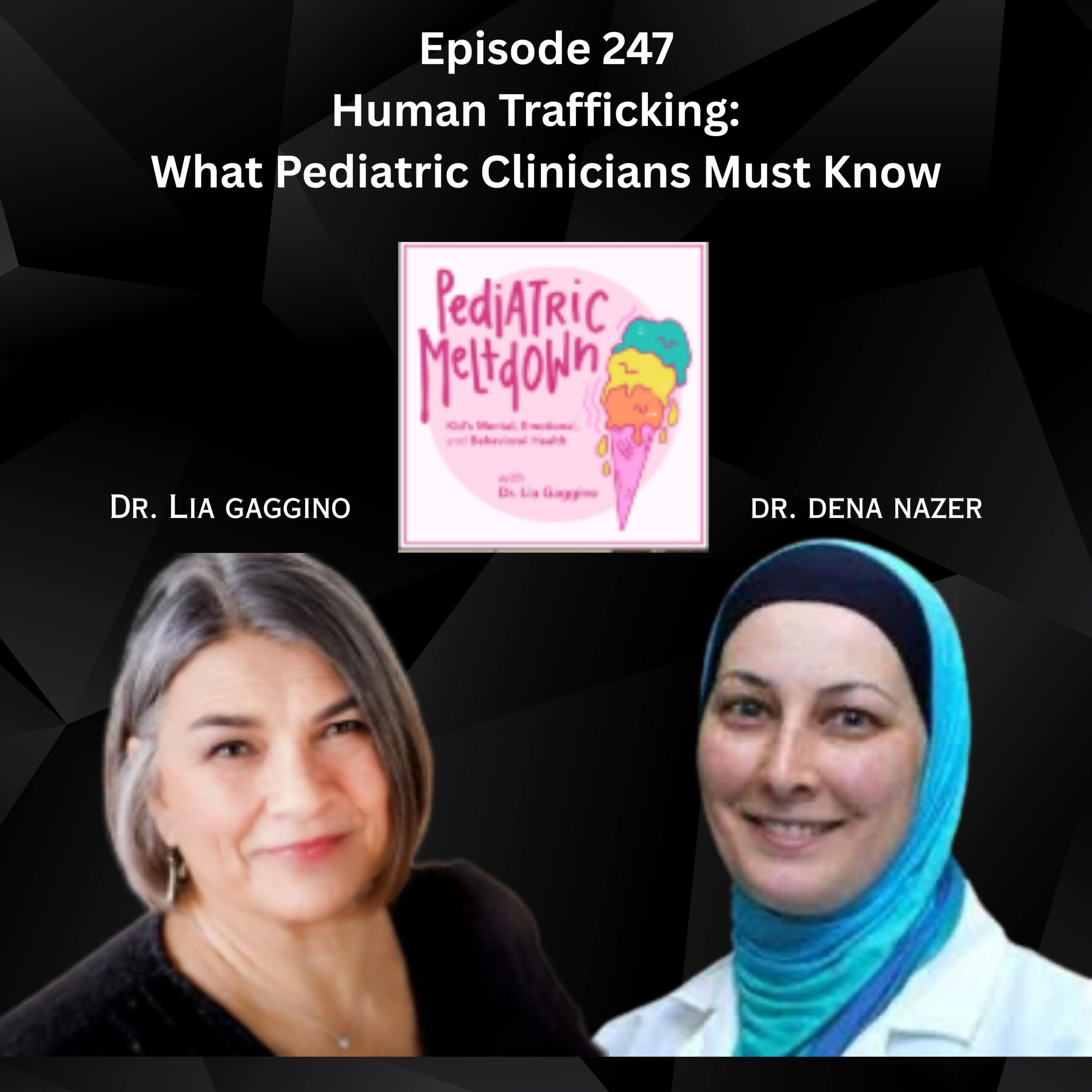Cultural Competency: Health Equity and Outcomes
Think you know the secrets to pediatric mental health care? Well, this week’s episode will make you think again! Your host, Dr. Lia Gaggino, will dive deep into the nuanced world of cultural sensitivity in pediatric healthcare with the inspiring psychiatrist, Dr. Farah Abbasi. As an advocate for minorities and newcomers, Dr. Abbasi unpacks the layers of health disparities and speaks to the heart of cultural competency.
Learn how to navigate the complex tapestry of identities you encounter in your practice and why understanding each child’s background is crucial for effective treatment. By revealing her journey as an immigrant healthcare professional, and the challenges that come with assimilating into American culture, Dr. Abbasi highlights the significant need for a more inclusive and culturally nuanced approach to patient care.
As we prepare for the launch of a new limited series podcast focused on revolutionizing mental health delivery, this dialogue with Dr. Abbasi is like obtaining a key to unlock the potential of culturally responsive care that honors the diversity of the young souls we serve.Get ready to unravel the secrets to cultivating a truly inclusive healthcare environment – your blueprint to becoming the healthcare provider of the future is just one click away!
[00:33 -10:54] Understanding Cultural Competence in Pediatric Mental Health
- Respect and responsiveness to the whole person are highlighted as central to the concept of cultural competence.
- A major challenge is how healthcare providers can develop cultural competence in their practice.
- Cultural competence is more than just an understanding; it’s about respecting and responding to every aspect of a patient’s identity.
- There is a need for healthcare workers to recognize and address health disparities that stem from a lack of cultural competence.
[10:55 – 18:42] Cultural Humility in Pediatric Mental Health Care
- Acknowledging that parenting beliefs and values can differ significantly, even within the same country.
- The importance of understanding that cultural norms may vary widely among families.
- Cultural humility involves checking one’s biases and preconceptions at the door.
- Recognizing that not every family seeks the traditional ‘American Dream’ and may have different aspirations.
[18:43 – 25:07] Enhancing Healthcare Inclusivity for Diverse Patient Backgrounds
- It’s important that healthcare professionals approach each patient with an open mind and a respectful attitude towards the patient’s entirety.
- The effect of spirituality and faith on the healing and recovery process of patients.
- Don’t assume a universal approach to parenting and healthcare that might not align with the cultural practices of all patients.
- There are complexities and challenges faced by immigrants as they navigate a new healthcare system and the need for provider awareness.
[25:08 – 38:24] The Impact of Cultural Competence on Health Outcomes
- Check your implicit bias and cultural blind spots in creating disparities in health outcomes.
- Healthcare providers need to consider patients’ complete cultural identity, including ethnic, religious, and immigration status.
- Practical advice on how respect for cultural practices, like dietary preferences and religious beliefs, can improve patient experiences.
- There is a need for connection and recognition of diverse cultural beliefs within healthcare, especially highlighted by global challenges such as pandemics.
[38:25 – 43:27] Closing segment Takeaway
Other episodes you may like:
https://pediatricmeltdown.com/episodes
163 Period Poverty and the Tampon Tax: The Audacity of Advocacy
161 Menstrual Equity Changes Lives: The Power of Days
151 American Indian/Alaskan Native Youth: Beyond Adversity
147 Racial Discrimination & Black Infant Morbidity: Systemic Change Starts with You
Key quotes for Twitter:
“another piece that we assume everybody is, seeking this utopia, this American dream, but most of their refugees might not be here out of their choice”.… Dr. Farah Abbasi on the different reasons why people come to America
“A lot of muslim women complain to me that physicians never talk to them directly as if they’re not in charge of their health, that they are looking towards husbands, fathers, brothers, or whoever is accompanying them, thinking that they are not capable of making their own decisions..”… Dr. Farah Abbasi on the culture differences for women
THANK YOU FOR YOUR SUPPORT!
Pediatric Meltdown was listed as a Top 20 Pediatric Podcast on FeedSpot.
If you’d like to connect with me, you can Tap the “What Are Your Thoughts” button at the top of the notes or you can find me on LinkedIn, Facebook, Instagram, and Twitter, or email me at gagginol@gmail.com. To learn more about me visit https://www.pediatricmeltdown.com/
LOVE WHAT YOU HEARD? Leave us a 5-star review so we can continue to provide you with great content. Share this episode and help people know more about children’s health and well-being.
